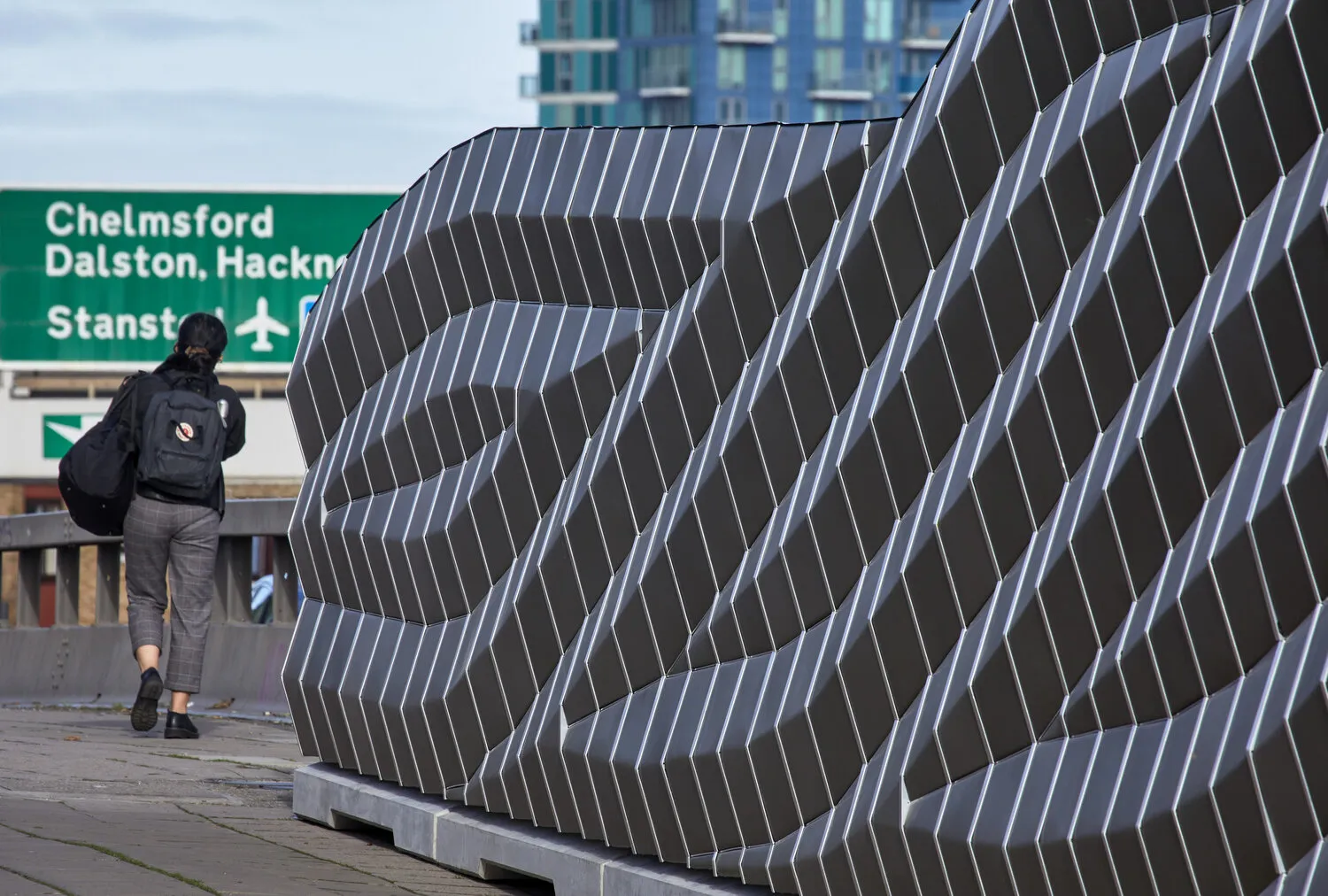A new milestone in a project to develop innovative ways of reducing noise along the M40 has been reached, with the award of a design contract worth up to US$3 million.
The contract will see WSP Parsons Brinkerhoff review sites along the M40 between junctions 3 and 8, which have been identified as areas where road noise is a particular issue and help decide where the barriers would be of benefit.
Earlier this year, Highways England, working in partnership with the M40 Chiltern Environmental Group, (M40
November 17, 2015
Read time: 2 mins
A new milestone in a project to develop innovative ways of reducing noise along the M40 has been reached, with the award of a design contract worth up to US$3 million.
The contract will see WSP4089 Parsons Brinkerhoff review sites along the M40 between junctions 3 and 8, which have been identified as areas where road noise is a particular issue and help decide where the barriers would be of benefit.
Earlier this year,8101 Highways England, working in partnership with the M40 Chiltern Environmental Group, (M40 CEG) Wycombe District Council and South Oxfordshire District Council, ran a competition to develop a range of cost-effective barriers to reduce noise.
Potential designs include using solar panels in the barriers to produce clean energy to help offset their installation and operating costs.
Six entries were shortlisted and WSP Parsons Brinkerhoff will now work with the designers of the shortlisted entries to trial these noise barriers at the identified sites on the M40. These designs may also be installed on other parts of England’s strategic road network in the future.
Subject to the successful completion of the site review and development of design solutions for each site identified, Highways England will aim to start preparatory work for construction on site in winter 2016-17. This trial is entirely funded by Highways England and the construction phase of the project is subject to funding.
The contract will see WSP
Earlier this year,
Potential designs include using solar panels in the barriers to produce clean energy to help offset their installation and operating costs.
Six entries were shortlisted and WSP Parsons Brinkerhoff will now work with the designers of the shortlisted entries to trial these noise barriers at the identified sites on the M40. These designs may also be installed on other parts of England’s strategic road network in the future.
Subject to the successful completion of the site review and development of design solutions for each site identified, Highways England will aim to start preparatory work for construction on site in winter 2016-17. This trial is entirely funded by Highways England and the construction phase of the project is subject to funding.








